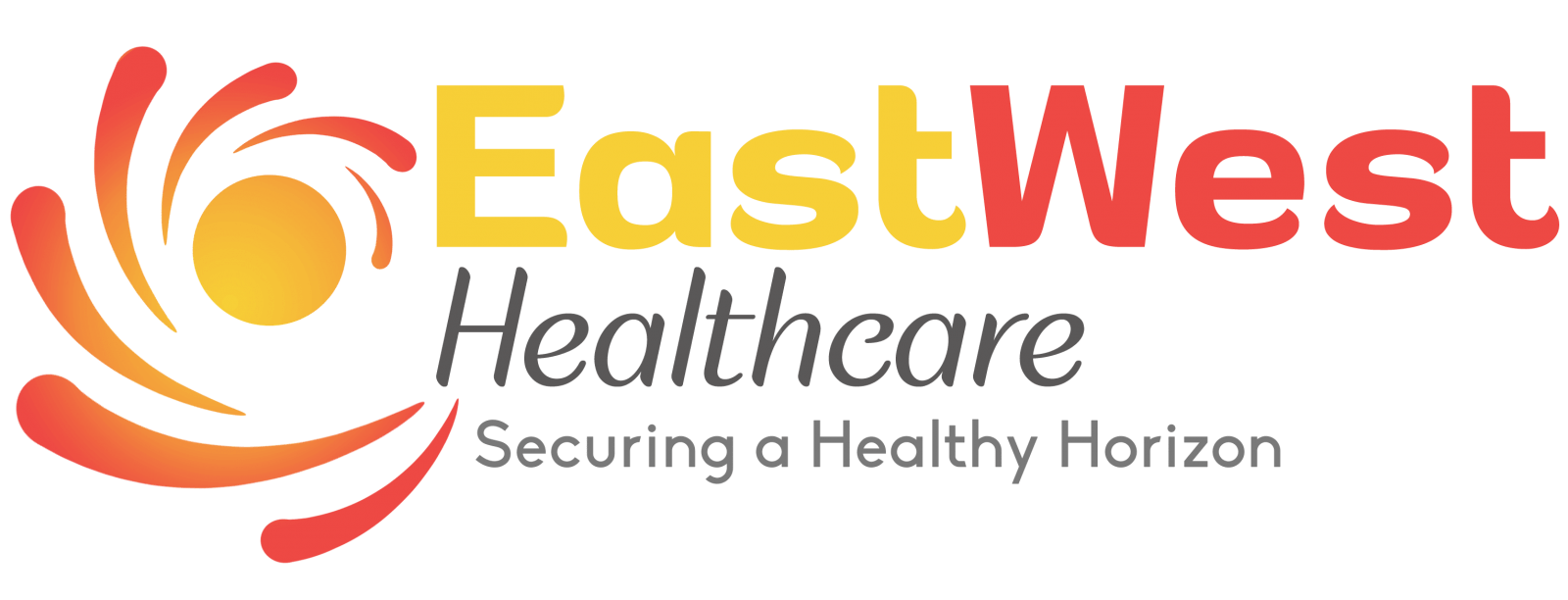Even with the pandemic restrictions easing, the effects of the past two years have brought upon major challenges and changes to our lives.
According to the Department of Health, there were at least 3.6 million Filipinos facing different mental health issues since the onset of COVID-19.1
One study2 also found that one in three COVID-19 patients in the country developed a mental health condition within six months of testing positive.
Lockdowns, isolation, and other unprecedented circumstances we had to tide over remain to be such significant reasons for being stressed or overwhelmed — one sensible way to cope, however, is to try and recognize what we are experiencing and dealing in ways that are good and healthy for our mental wellbeing.
Stress Manifestations
Stressors in our daily lives affect our bodies and minds. When we’re stressed, it manifests in different ways.
Physical symptoms can look like the following:
- Headaches
- Body pain
- Stomach pain
- Skin rashes
Behavioral symptoms, on the other hand, look like these:
- Feelings of fear, anger, sadness, worry, frustration, or numbness
- Poor concentration
- Indecisiveness
- Forgetfulness
- Bad sleep hygiene/Poor sleep quality
- Changes in appetite
- Loss of interest in hobbies
- Worsening of chronic health problems and existing mental health conditions
Increased dependency on vices such as alcohol, cigarette smoking, and illegal drugs
Healthy Ways to Cope with Stress
Eating Healthy
One of the best ways you can look after your wellbeing is by going after a balanced diet with greens, fruits, and meats.
This means limiting your intake of saturated fats, cholesterol, salt, and sugar in your foods, which might seem challenging at first, but can be totally achieved with a bit of creativity and fun!
Improve Your Sleep Hygiene
As we grow older, sleeping does not necessarily come easy for us. We have to be extra mindful of our activities and routines.
For example, going to bed at the same time each night and getting up at the same time every morning (including weekends) will allow you to sleep better.
Naps are beneficial, but the best length of nap that will not disturb your sleeping patterns is only about 20 to 30 minutes3, as this only allows light slumber without getting into a deep sleep which will affect your nighttime snooze. Besides, waking up from more than a 30-minute-nap can leave you with sleep inertia or feeling disoriented and groggy.
Move More, Sit Less
With the pandemic forcing most of us to work at home, getting physically active and sitting less can pose an impossible task. Fret not — we do not need to work in an Olympian’s workout to be healthy. Moreover, there is increasing proof4 that unless you use a wheelchair, too much sitting is bad for your health.
Begin short exercises that last from five to 10 minutes and when you have paced yourself enough through the days, try working your way up to 150 minutes of workout time every week!
Limit Alcohol Intake
Drink in moderation! Reduce alcohol by limiting two drinks or less per day for men or one drink or less for women.5
Alcohol should NOT be ingested6 at all by:
- Pregnant or possibly pregnant women
- People younger than age 21
- People with certain medical conditions or are taking certain medications that might not do well with alcohol
- People recovering from an alcohol use disorder
- People who cannot moderate their drinking levels
Avoid Smoking
While it is a common belief that smoking can help you relax7, it actually does the opposite and increases anxiety, tension, and stress.
Try to avoid smoking and other tobacco use to prevent heart disease or lessen its effects on an existing hypertension condition. It keeps your lungs healthy, too!
In addition, smokers are more likely to develop depression in comparison with non-smokers.8
Take Time to Unwind
Easier said than done, right? But if it is for the sake of your health, a simple effort to allot time and open-mindedness will go a long way. Some suggestions:
Do some activities you enjoy or pick up hobbies you have always wanted to try out! No harm in trying and you get to have fun as well. Whatever you choose to do, ensure that it will you give the calm and peace of mind you deserve.
Connect with Others
Did you know that human connection can help reduce stress?
A scientific literature study by The Center for Compassion and Altruism Research and Education9 found that simple gestures of empathy and concern give a feeling of connectivity — and how “feelings of trust, safety, and comfort” lower stress levels and improve heart health.
We need to be in touch with our feelings, especially these days. Talk to people you trust. Have friends and family hear your concerns, issues, and just have general check-ins when time permits. We will all be better for it.
Do NOT Miss Regular Health Appointments
If you’re not “big” on keeping track of your doctor’s appointments before, this is a crucial time to check all the needed boxes when it comes to health screening!
Do not miss out on tests, screenings, and general consultations now more than ever and keep yourself and your family physically and mentally healthy.
Have EastWest Healthcare help you lead healthier, more fulfilling lives. Our principle of “Freedom to Choose” among clients and their own medical care is the core of our products and services—providing premiere and accessible healthcare and healthy horizons for Filipinos.
REFERENCES
1 – 2. Mental health on the move in the Philippines – meet the lusog-isip app. URC. (2022, January 3). Retrieved October 7, 2022, from https://www.urc-chs.com/news/mental-health-on-the-move-in-the-philippines-meet-the-lusog-isip-app/#:~:text=The%20DOH%20estimates%20that%20at,impact%20a%20person’s%20mental%20health
3. Napping: Benefits and tips. Sleep Foundation. (2022, September 29). Retrieved October 7, 2022, from https://www.sleepfoundation.org/sleep-hygiene/napping#:~:text=In%20general%2C%20the%20best%20nap,grogginess%20and%20actually%20worsen%20sleepiness.
4. NHS. (n.d.). NHS choices. Retrieved October 7, 2022, from https://www.nhs.uk/live-well/exercise/exercise-guidelines/why-sitting-too-much-is-bad-for-us/
5 – 6. Centers for Disease Control and Prevention. (2022, April 19). Facts about moderate drinking. Centers for Disease Control and Prevention. Retrieved October 7, 2022, from https://www.cdc.gov/alcohol/fact-sheets/moderate-drinking.htm#:~:text=To%20reduce%20the%20risk%20of,days%20when%20alcohol%20is%20consumed.
7 – 8. NHS. (n.d.). NHS choices. Retrieved October 7, 2022, from https://www.nhs.uk/live-well/quit-smoking/stopping-smoking-mental-health-benefits/#:~:text=Smoking%2C%20anxiety%20and%20mood,to%20develop%20depression%20over%20time.
9. How human connection can relieve stress. Dignity Health. (n.d.). Retrieved October 7, 2022, from https://www.dignityhealth.org/articles/how-human-connection-can-relieve-stress






